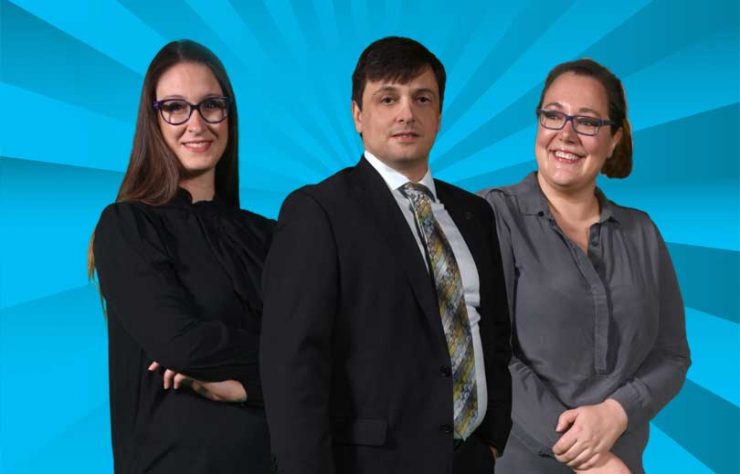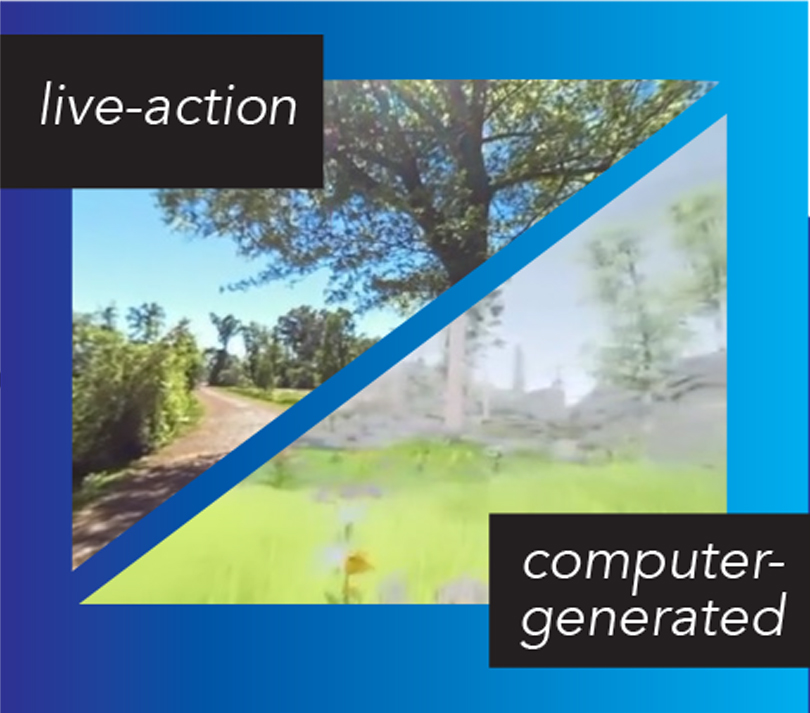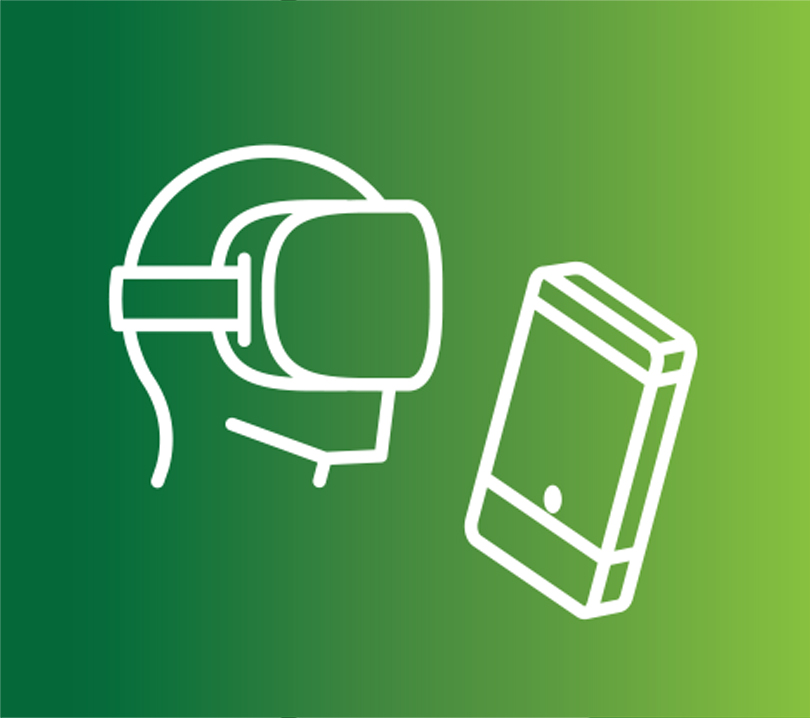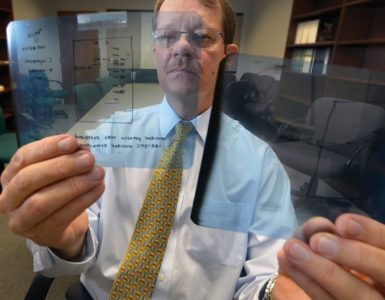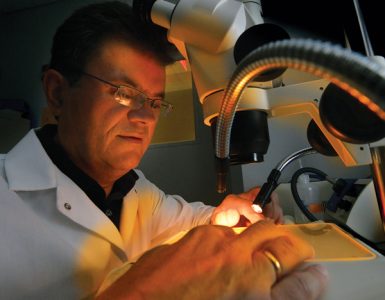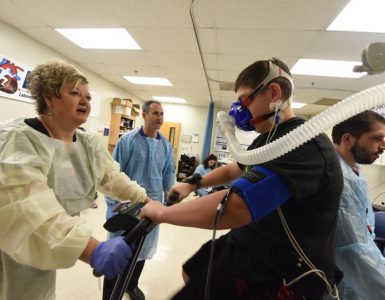Researchers
Gianluca De Leo (center) Chair of the Department of Clinical and Digital Health Sciences,
Erica Cousa (left) and Eleanora Brivio (right), graduate students
Can live-action 360 video and computer-generated virtual reality improve the lives of the elderly? If so, which one is more effective?
To try to answer these questions, researchers in the College of Allied Health Sciences are using headsets and tablets to display those videos to participants.
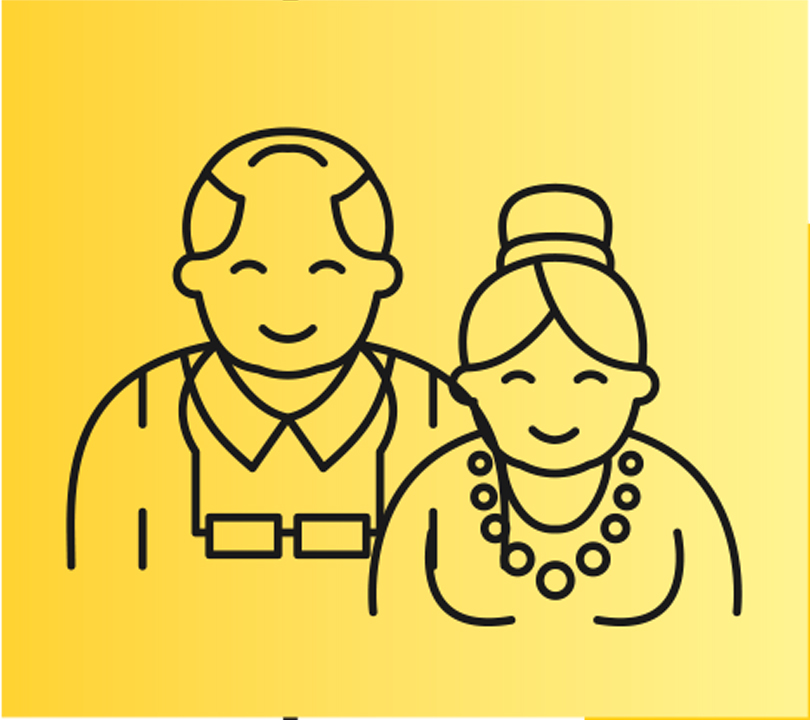
Their research is divided into two studies:
• Can technology help the elderly improve their memory?
• Can technology help the elderly relieve stress?
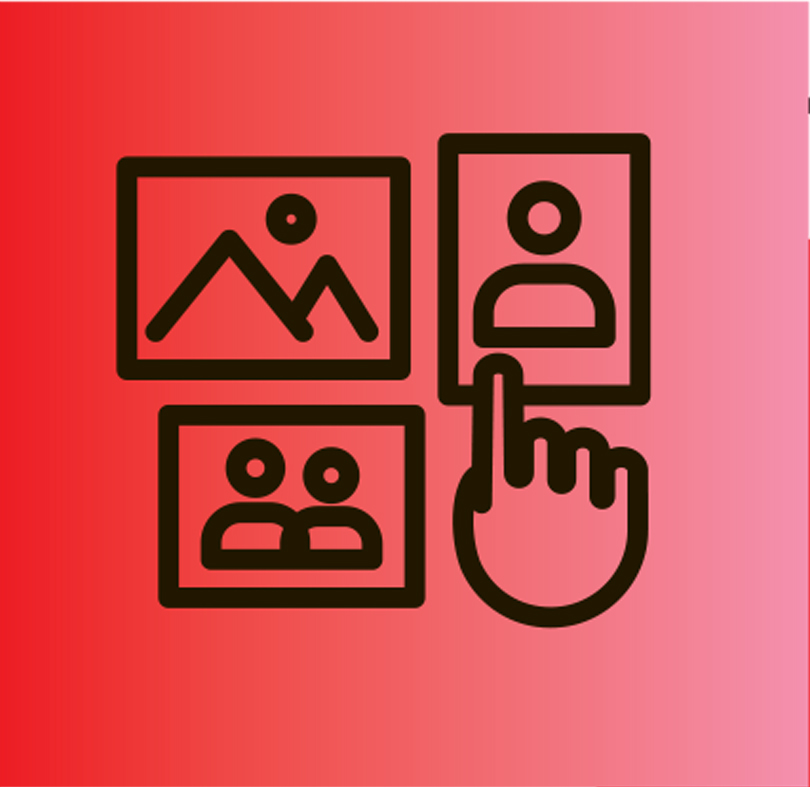
If researchers find that in fact this technology helps improve people’s memory and relieve stress, they can use that knowledge to treat elderly patients. For example, they can treat Alzheimer’s patients by creating memory games using computer-generated environments or live-action 360 videos. They can also treat elderly patients with depression by helping them “go” to familiar places or by recreating happy moments from a distant past.

